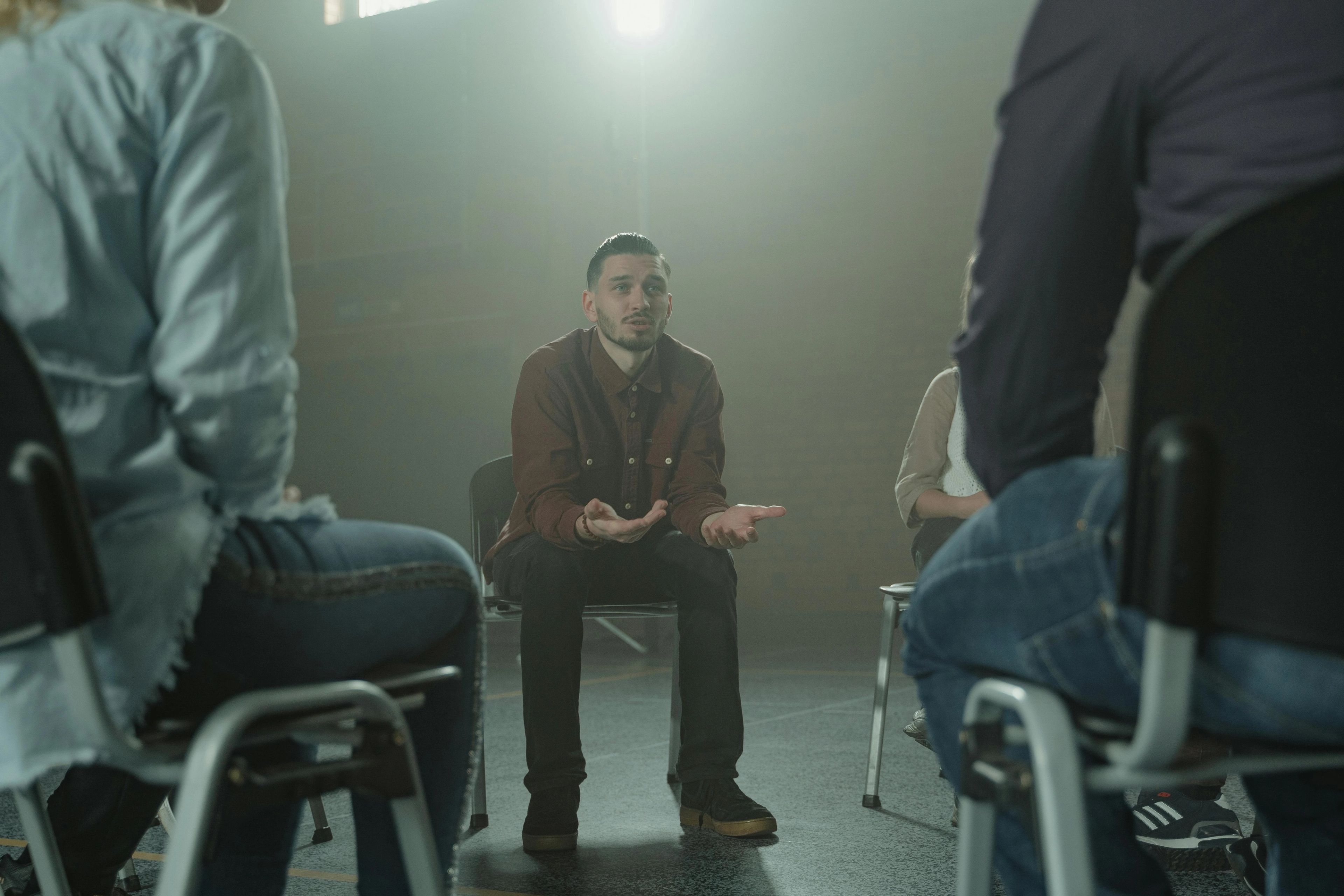How to Explain a Narcissistic Family to a Friend or Partner
You can use these scripts to help understand how you can discuss your narcissistic family dynamic honestly with another trusted person.
Narcissistic families often thrive on secrecy and shame. Members of the family know what they need to do to keep things calm, and they understand the risks of outsiders seeing the truth within the family.

In some of these family systems, members are encouraged not to publicly share about the family, to conceal injustices or abuse, and to outright lie about the issues they’re experiencing.
Because of this, therapy, a safe relationship, or a support group in adulthood may be one of the first times you were truly honest about your family. This can be uncomfortable and scary. You may feel like you’re going to get in trouble for being honest.
You can use these scripts to help understand how you can discuss your narcissistic family dynamic honestly with another trusted person. These are meant to display what this type of disclosure looks like. You do not need to use these exact scripts and can make them your own.
“This feels hard to say because I was taught not to talk about my family. But I’m starting to see some patterns that I understand better now...”
“I still catch myself thinking I’m going to ‘get in trouble’ for sharing this about my family. But I want to be honest about what it was really like growing up.”
“My family worked really hard to appear normal from the outside, but it wasn’t like that at home.”
“I think my family tried very hard to appear normal. People may be shocked by what was actually happening.”
“One of my parents seemed to need constant praise, control, or admiration, and when they didn’t get it, everyone else paid the price.”
“I think I grew up in a narcissistic family system. There was someone who always had to be right or in charge, and the rest of us were expected to fall in line no matter what. No one could have a voice.”
“I know it might sound confusing because my family looked normal to other people. That’s part of why it’s so hard to talk about. The dysfunction was often hidden.”
“I was taught not to talk about our family’s issues. That’s made it really hard to know what’s normal and what isn’t.”
“There was a lot of pressure to protect the family image. We didn’t talk about problems. And if we did, we were made to feel like it was our fault.”
“There are things I’m still figuring out, and I might not be ready to share all the details. But I want to be honest about how this family dynamic has affected me.”
“I’m learning to tell my story without worrying about how my family would react if they heard it.”